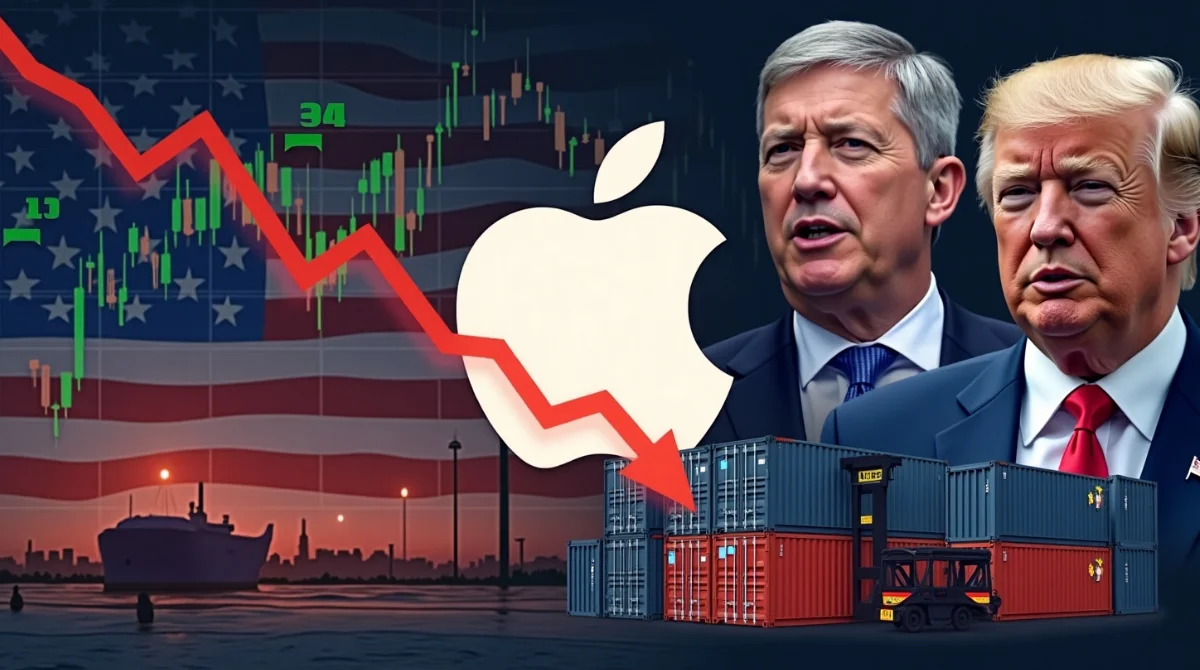Apple Inc. surpassed Wall Street expectations in its second-quarter earnings report, posting $95.4 billion in revenue a 4% increase year-over-year and earnings per share of $1.65, exceeding analysts’ forecasts of $94.5 billion and $1.62, respectively. Despite these positive figures, the company’s stock declined over 4% in after-hours trading, attributed to concerns over newly imposed tariffs by President Trump, which are projected to increase Apple’s costs by $900 million in the upcoming quarter.
The Trump administration’s sweeping tariffs, particularly targeting China, have complicated Apple’s supply chains. Although an exemption for consumer electronics was temporarily granted following discussions between CEO Tim Cook and government officials, its durability remains uncertain. Commerce Secretary Howard Lutnick referred to the exemption as “temporary,” and President Trump later stated on social media that there’s been no “exception.”
In response, Apple is shifting some production to India and Vietnam, benefiting from lower tariffs. JP Morgan estimates that relocating production to the U.S. could prompt up to a 30% price hike on Apple products due to higher costs
While Apple’s services division, encompassing iCloud subscriptions and various licensing deals, reported growth over the previous year, it missed Wall Street’s expectations. Sales in China also fell short of estimates, adding pressure to the stock.
CEO Tim Cook expressed optimism about the company’s performance and ongoing engagement with the White House regarding tariff discussions. He acknowledged the uncertainty beyond June concerning potential tariff changes but remained confident in Apple’s ability to navigate the challenges.
As Apple continues to adapt to the evolving trade landscape, its strategic shifts in production and sustained focus on service growth are pivotal in maintaining its market position amid global economic uncertainties.



